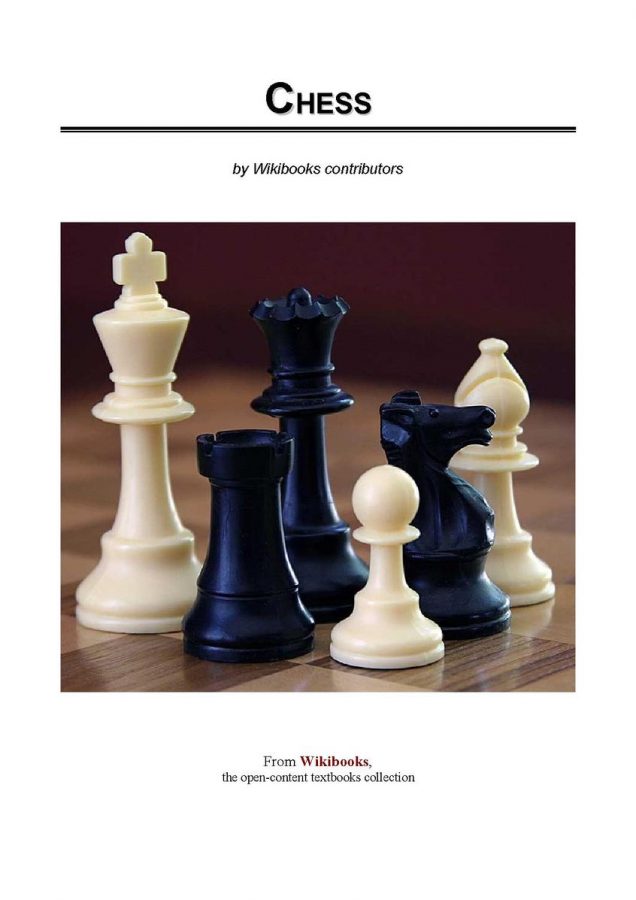The Queen’s Gambit: A review of Netflix’s new hit miniseries
Courtesy of Hagindaz from Wikimedia Commons
Reporter Owen Adams reviews Netflix’s “The Queen’s Gambit,” the “show-stopping retelling of Walter Tevis’ 1983 novel.”
January 8, 2021
WARNING: SPOILERS
The Queen’s Gambit– released worldwide on Netflix on Oct. 23– is a show-stopping retelling of Walter Tevis’ 1983 novel. The show took the world by storm, grabbing the attention of over 62 million Netflix accounts in the first 28 days after its release. It features a well-developed plot, brought to life using brilliant cinematography work and a cast of talented individuals.
The story follows the life of Beth Harmon, an orphaned chess prodigy who is taught by the janitor at her orphanage. After being adopted at age 15, Beth quickly enters the world of competitive chess and travels the country, and later the world, all culminating in a win at the World Chess Championship in Moscow, Russia.
Beth’s character is a refreshing taste of reality in media. She isn’t a tomboy just because she’s intellectual and independent. She likes to shop, dance, etc., but also has a deep passion and understanding for the game of chess, two things that shouldn’t be, but often are in movies and television with strong female leads, mutually exclusive.
The Queen’s Gambit also shines a light on the cultural shortcomings of American society. More specifically, it focuses on many Americans’ ingrained belief that our customs are superior to those of other countries. In chess this is no different. As Benny Watts– a friend of Beth– asks her, “Do you know why [the Russians] are the best players in the world?… It’s because they play together as a team. Us Americans, we all work alone because we’re all such individualists. We don’t like to let anyone help us.” Going deeper than the surface of Edgy Chess, here The Queen’s Gambit shows fatal flaws within our country’s morals and values.
Beth, not exempt from being a victim to US individualism, is held back by this key character trait until her final match in the World Championships with a feared chess player named Vasily Borgov. It is there that she is aided by several of her companions that she met through competitive chess and who helped her on her journey to accept the help of others and become her best self.
This show wouldn’t be half of what it is without the cast and crew that brought it to life. Many up and coming and famous performers were included; most notably Anya Taylor-Joy (Beth Harmon), Thomas Brodie-Sangster (Benny Watts), Harry Melling (Harry Beltik) and many more.
Director Scott Frank and director of cinematography Stephen Meizler create amazing shots of their talented actors and actresses that intrigue and immerse viewers through enticing cinematography. For example, the show opens by giving a glimpse of halfway through the series, with Beth waking up fully clothed in a filled bathtub. While the premise is intriguing on its own, the use of murky lighting in Beth’s hotel room, as well as a minimal, yet eerie, presence of sound, come together to create a sense of panic in the watcher from the get-go.
This pattern of drama fueled by a desire to find out more is what kept viewers like me engaged in this limited series so heartily; shots showing Beth explaining her matches move-by-move without revealing their outcomes really keep you on your toes as well, showing that what made this show truly pop was its ability to keep you guessing.
The Queen’s Gambit is a well-thought-out, written and executed film adaptation that immerses viewers in its plot using great character arcs and satisfying resolutions, really setting this show apart from the rest.





